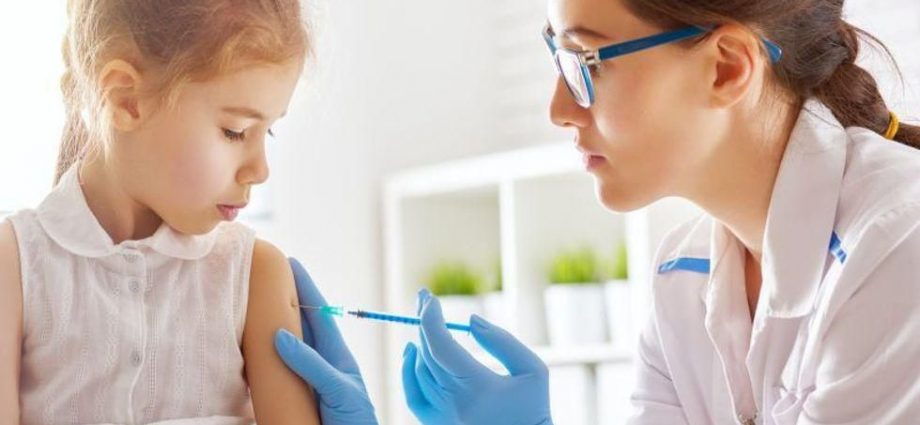TUESDAY, July 27, 2021 (HealthDay News) — Pfizer and Moderna are expanding trials of their COVID-19 vaccines in children ages 5 to 11, to more closely measure the risk of heart inflammation and other rare side effects that occurred in teens and young adults who received the vaccines.
The companies made the move after the U.S. Food and Drug Administration told them that the initial size and scope of their studies were not enough to detect the rare side effects, according to people familiar with the trials, The New York Times reported.
Those sources said the FDA asked the companies to include 3,000 children ages 5 to 11 in their vaccine studies, which is twice the originally proposed number.
Moderna spokesman Ray Jordan confirmed that the company plans to expand its pediatric trial and expects to seek FDA emergency authorization of its vaccine for that age group in winter 2021 or early 2022, the Times reported.
Pfizer has previously said it expected results for children ages 5 to 11 in September, results for children ages 2-5 soon after, and results for children six months to two years in October or November.
The company had no updates on its timetable, a spokesperson said Monday.
FDA spokeswoman Stephanie Caccomo declined to offer specifics.
“While we cannot comment on individual interactions with sponsors, we do generally work with sponsors to ensure the number of participants in clinical trials are of adequate size to detect safety signals,” she told the Times.
In June, the U.S. Centers for Disease Control and Prevention published data showing that the two vaccines may have caused myocarditis and pericarditis (inflammation of the heart or surrounding tissue) in more than 1,200 Americans, including about 500 who were younger than 30. The symptoms typically appeared within two weeks of vaccination and were more common in young men and boys. Most cases were mild, the researchers said.
Dr. Paul Offit, an infectious disease specialist who has served on the CDC’s Advisory Committee on Immunization Practices, noted that infection with the coronavirus also carries a major risk.
And if expanding the trials were to cause a delay in authorizing vaccines for pediatric use, he said, that would also put children at risk.
“There’s always a human price to pay for knowledge,” he told the Times. As for the heart ailments, he said, “It’s rare, it’s generally short lived and self-resolving. It’s also a consequence of natural infection.”
The American Academy of Pediatrics reported last week that more than 4 million young children and adolescents have tested positive for the virus and 346 have died since the outset of the pandemic.
More information
Visit the U.S. Centers for Disease Control and Prevention for more on COVID vaccines.
Copyright © 2026 HealthDay. All rights reserved.

